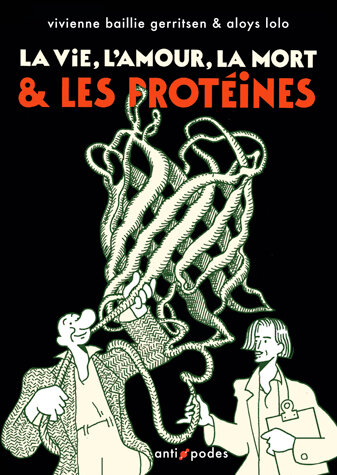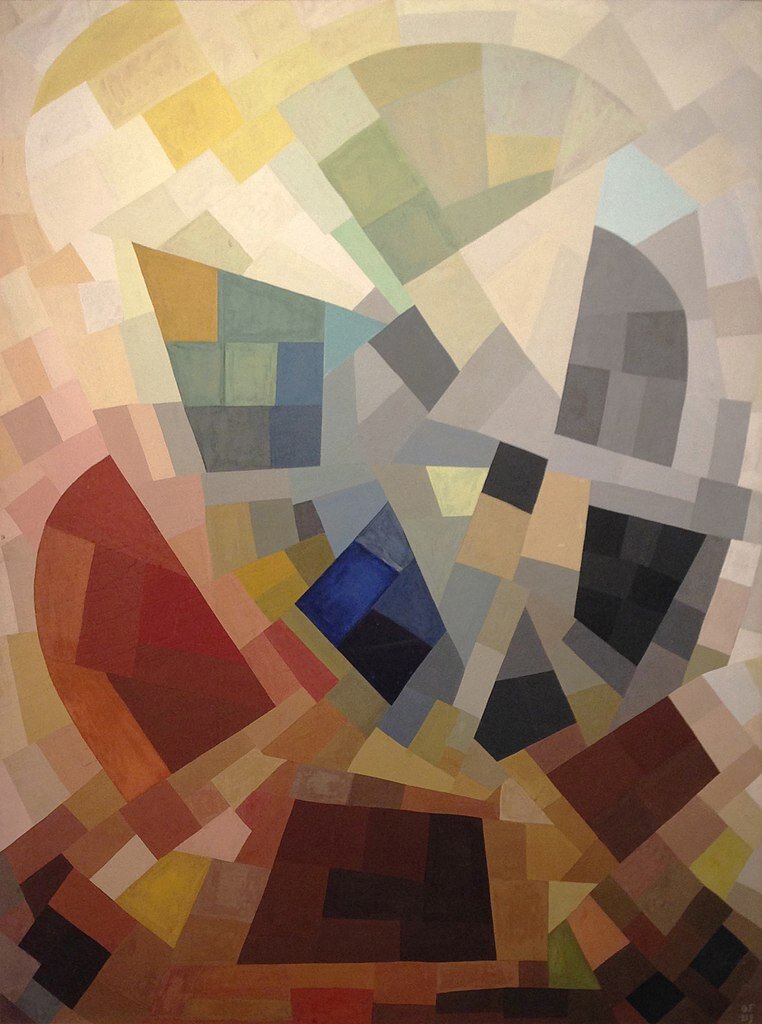A tribute
As I crossed Geneva this morning and approached the office, I felt a growing sadness. I realised that, if I was walking in this direction in the first place, it was thanks to Amos Bairoch. Flashback to 1993: I have just emerged from a long and bumpy journey across the realm of academia, with a degree in biology and in dire need of a job. Over a glass of wine, my mother mentions my case to a distant aunt who gives it a thought as she serves herself to an olive. A nephew of hers might be able to help, she answers. Indeed, the nephew did. Nicolas Mermod, now a respected biologist himself, got in touch with me and said that he knew a friend who was looking for people to assist him with a database. In those days, for me at least, the word 'database' was still a hazy concept, and I wasn't sure it was my cup of tea. I was in no position to be picky, however, so I thanked my distant cousin and gave Amos a call. The following day, I found myself walking up a narrow path leading to a small house in Nyon, a town on the edge of the Lac Léman. I rang the doorbell. Though I was unaware of it at the time, it turned out to be one of these encounters that sets you on a track you least expect but, with hindsight, marks a milestone in your life.


